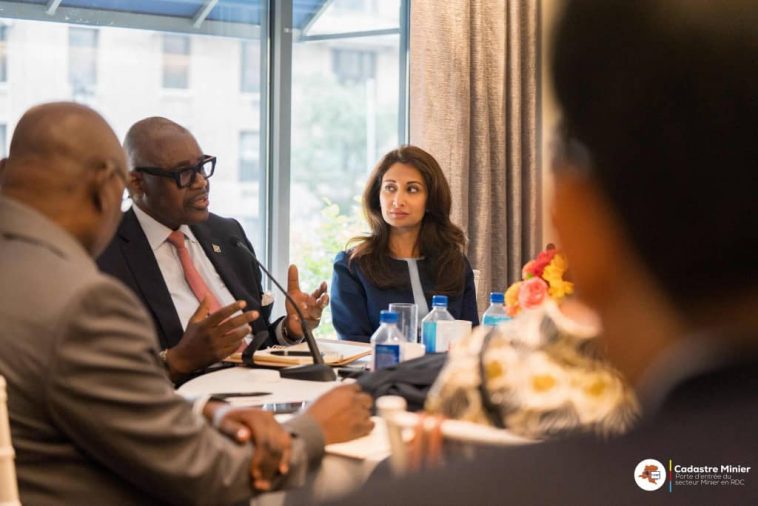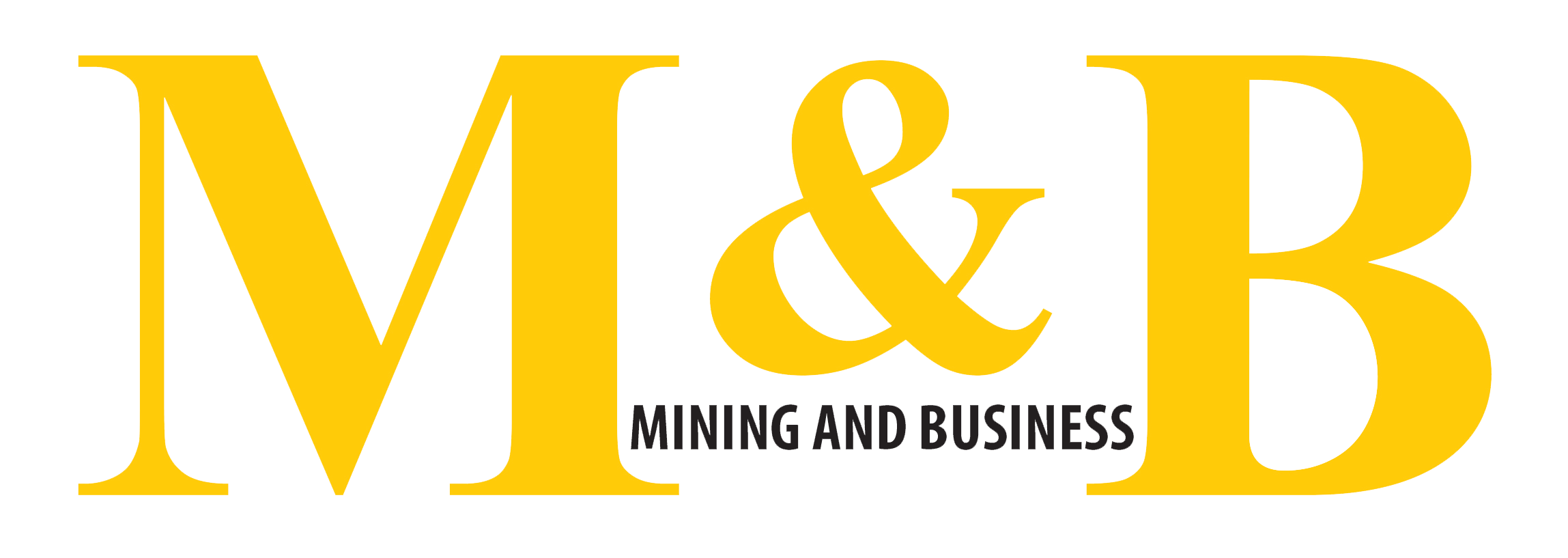The Democratic Republic of Congo is prepared to grant mining giants higher cobalt export quotas if they commit to local processing, the country’s mines minister said.
Minister Louis Watum, cited by Bloomberg, explained that the DRC is in discussions with companies, including Chinese giant CMOC Group, on managing a quota system set to replace an export ban imposed earlier this year.
A Negotiated Path Forward
“If CMOC can help us refine more cobalt locally, why not? And if, in exchange, they need a different quota, why not? All of that is part of the discussions,” M. Watum explained. “There are still many points to discuss with the major producers.”
The DRC, which produces about three-quarters of the world’s cobalt, is maneuvering to exert greater control over prices by adjusting supply to global demand. Like several other African nations, it is also pushing foreign investors to develop local industries that create more value from its natural resources.
M. Watum assured that the quota discussions would involve producers, civil society, and other stakeholders, acknowledging criticism of the government’s unilateral imposition of the export ban in February.
Addressing Frustration and Asserting Control
“I understand the frustration of partners like the Chinese or others, because they control a large part of this market. But it was important to send the right signal to the world: ‘Gentlemen, it is time to listen to the DRC as well,’” he said.
Major cobalt producers in the DRC include CMOC, Glencore, the Kazakh Eurasian Resources Group, and Ivanhoe.
“Cobalt from the DRC will not be controlled by the Chinese. We will not be controlled by anyone other than ourselves, because it belongs to us,” M. Watum asserted during a Cobalt Institute event on the sidelines of the UN General Assembly.
The government, he said, is confident it can “find a middle ground to agree on initiatives, develop the market, and share it fairly.”
Confidence in Cobalt’s Future
The export ban is scheduled to end on October 15. Producers will be allowed to ship just over 18,000 tonnes of cobalt for the remainder of the year, with annual quotas rising to a maximum of 96,600 tonnes in 2026 and 2027—less than half of the projected 2024 production.
M. Watum dismissed as premature fears that automakers would switch to cobalt-free batteries if prices rise too sharply. “I do not underestimate the potential of research and development, combined with artificial intelligence, to find alternatives. But I think cobalt still has many years ahead of it,” he stated. Source: Bloomberg
Cobalt: DRC Opens Door to a Deal but Sets Condition for Easing Export Quota

